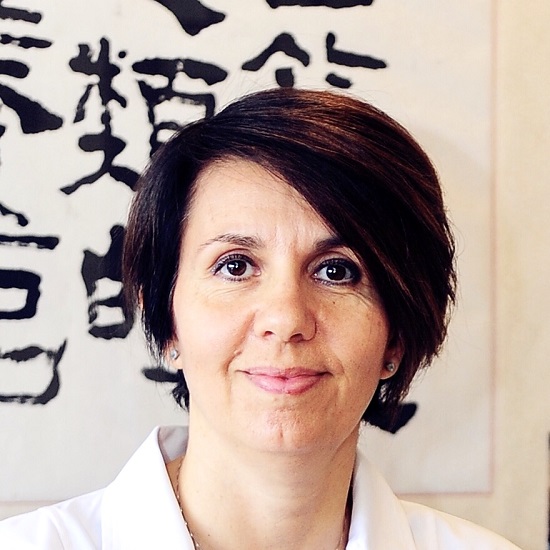Better Sleep Equals Better Cardiovascular Health
This article is part of our “In Medical News” series where Dr. Sara Laudani shares a recent study or article and offers some analysis and tips about the news, to help patients stay informed.

Medical professionals are becoming ever more aware of the importance of sleep to health. Recently, a study found that healthy sleep patterns were associated with about a one third reduced risk for heart disease and stroke. And, this held true even for those with a high genetic risk.
Individuals who scored 5 out of 5 for healthy sleep behaviors had a 35% lower risk for incident cardiovascular disease (CVD), a 34% lower risk for coronary heart disease (CHD), and a 34% lower risk for stroke. The healthy sleep behaviors include sleeping 7–8 hours per day, never or rarely experiencing insomnia, not snoring, and not experiencing frequent excessive daytime sleepiness. The fifth aspect was being an “early chronotype”, in other words someone who tends to get up and be at their best early in the day.
Sleep health seemed to have an additive relationship when it comes to cardiovascular risk. At the extremes, participants with high genetic risk who had a poor sleep pattern were more than 2.5 times at risk for CHD compared to those with low genetic risk and a healthy sleep pattern
This study was observational in nature, and the association between sleep pattern and cardiovascular events may not be a direct cause and effect. However, the study shows strong enough association to make healthy sleep an important preventative step for cardiovascular disease.
Health Tips
- Know your genetic and lifestyle risk factors for cardiovascular disease. Anyone with risk factors should carefully monitor their health with regular checkups and follow their doctor’s advice for treatment and lifestyle changes. Healthy diet and physical activity can modify genetic risk, and now sleep should also be carefully analyzed.
- Practice good sleep hygiene. This includes sticking to a predictable sleep schedule, preparing a quiet, comfortable environment for sleeping, and limiting screen time close to bedtime. It is best to keep the sleeping space quiet, dark and cool and not to use the space to also work or do other activities. Limit caffeine, especially late in the day.
- If you have trouble sleeping, see a medical professional for an assessment. Do not self-medicate with sleep aids or use sleeping pills long-term.
Sara Laudani, M.D., offers consultations in internal medicine, nutrition, and functional medicine in our Hongmei Road Clinic – Hongqiao. Click here to schedule an appointment to get an evaluation and personalized health plan.

